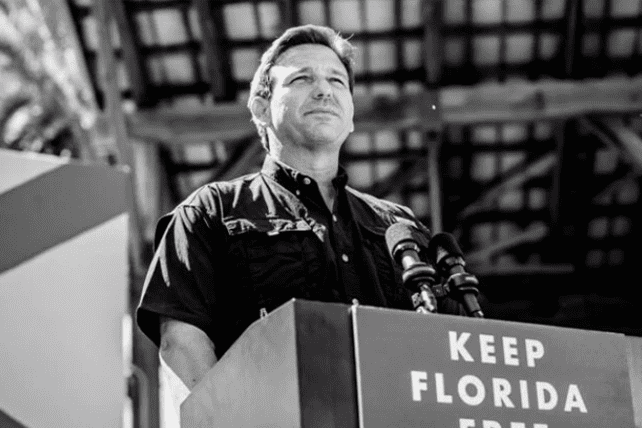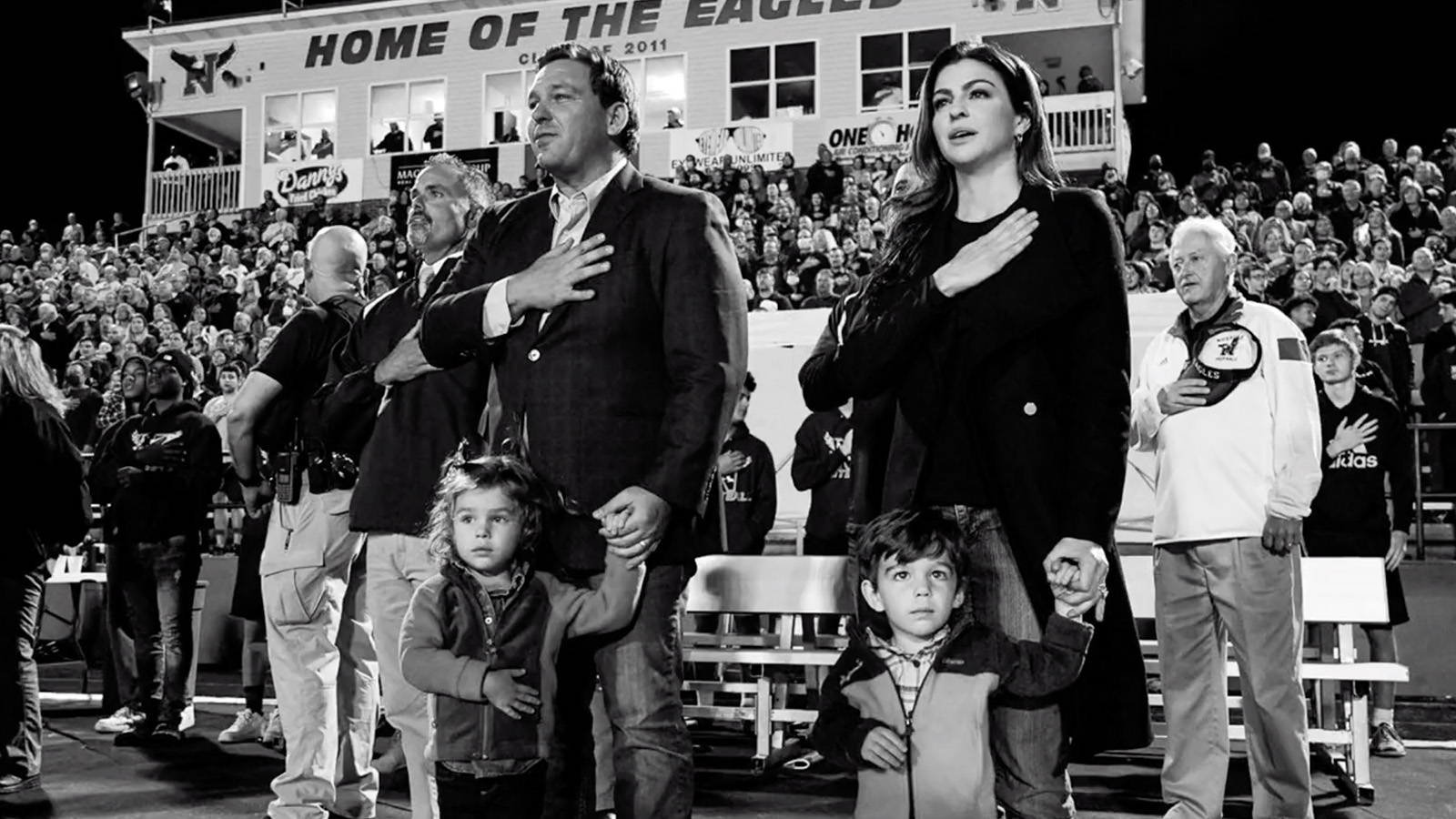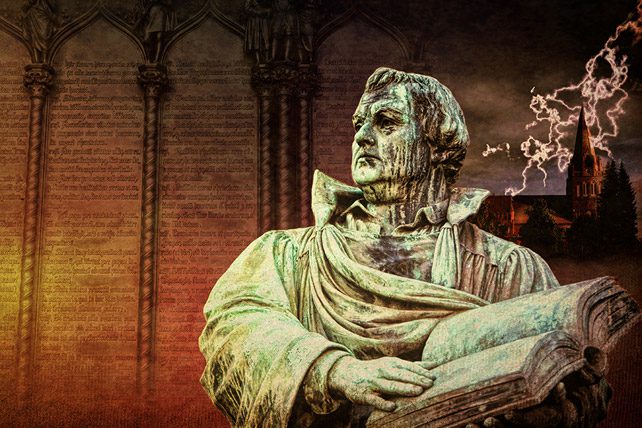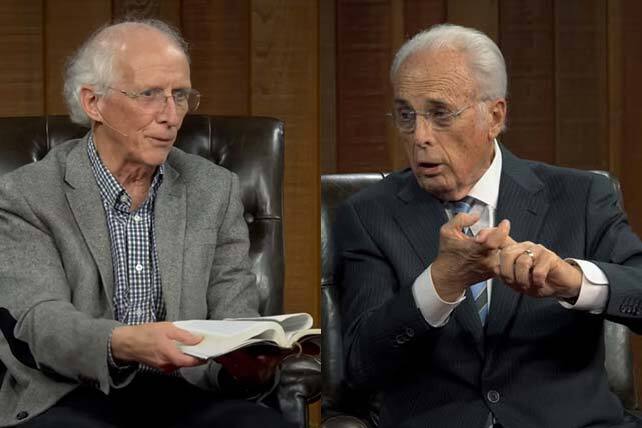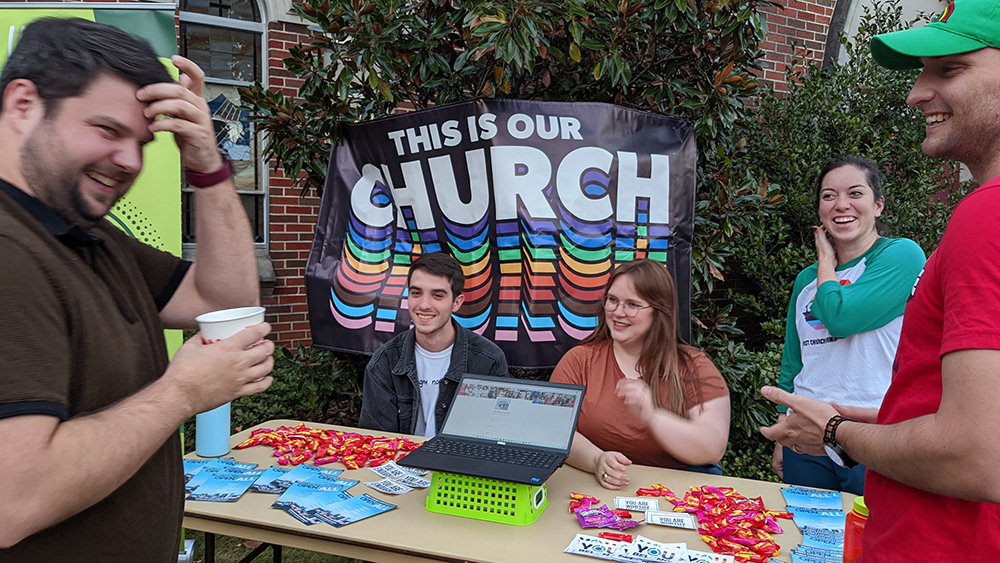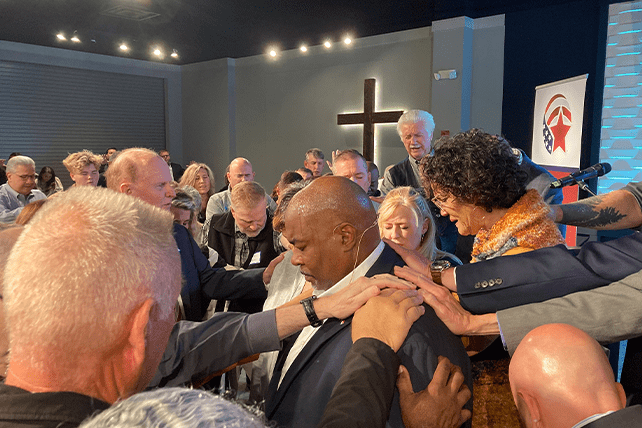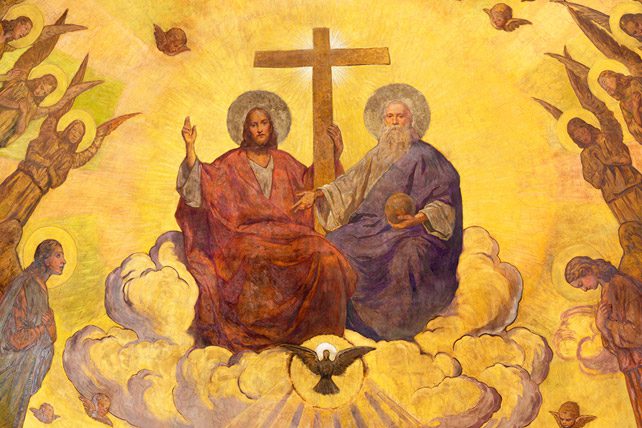WASHINGTON (BP) – Americans will go to the polls Tuesday (Nov. 8) with control of Congress and possibly the federal protection of human life and religious freedom on the line.
Meanwhile, voters in multiple states will decide the fate of scores of initiatives, including proposals regarding abortion, religious liberty and marijuana legalization.
Ethics leader Brent Leatherwood encouraged Southern Baptists and other Christians to maintain a biblical perspective as they go to the polls.
“Another Election Day is upon us and all the anxiety that comes with it,” said Leatherwood, president of the Southern Baptist Ethics & Religious Liberty Commission (ERLC), in written comments Monday (Nov. 7) for Baptist Press. “And that is revealing because it shows we’ve elevated electoral politics to an unhealthy place in our lives as Christians.
“That doesn’t diminish the fact there are real stakes with the decisions we encounter as voters,” he said. “One only has to look at a place like Michigan, where a grievous pro-abortion proposition faces voters, or Arkansas, where an opportunity to cement religious freedom protections is on the ballot.
RELATED: Faith Groups Focus Midterms Mobilization on Multiracial, Multifaith Voter Protection
“We should engage these choices thoughtfully and in line with the biblical principles that guide our lives. Doing so allows us to engage in politics as a true act of neighborly love, and not as warfare or combat as some operatives and pundits want us to. Keeping that sort of healthy perspective will prevent us from placing our trust in any one earthly mortal prince (Psalm 146) and instead allow us to keep the King of kings in view as we head to the ballot box.”
Nationally, the Democratic Party has controlled Congress the last two years but is in danger of losing the majority in one or both chambers in Tuesday’s mid-term elections.
In the House of Representatives, Democrats outnumber Republicans 220-212, with three vacant seats. The parties are evenly divided in the 100-member Senate, but the Democrats hold the edge by virtue of Vice President Kamala Harris’ possessing the tie-breaking vote as president of the chamber.
Republicans appear poised to gain majorities in both houses, according to some polling. RealClear Politics, which averages various polls, showed the Senate likely going for or leaning to the GOP by 48-44, with eight toss-ups, Monday. RealClear’s map for the House displayed a likely/leaning advantage for Republicans of 227-174, with 34 toss-ups.
Knowledge of the final party breakdown in Congress may take awhile. Challenges are expected in numerous races, and more than 100 lawsuits regarding various aspects of the elections had already been filed as of Oct. 27, The Associated Press reported. In early voting, more than 32 million voters had already cast ballots, The New York Times reported Nov. 3.
A change in party control, especially in the House, would make a significant difference in which bills receive votes and/or gain passage.
With Democrats in the majority the last two years, the House has approved measures expanding abortion rights – something highly unlikely to occur with Republicans in control. The Democratic-controlled Senate has failed to forward those bills to President Biden, though he supported them. The Senate rule requiring 60 votes to cut off debate for action on legislation to take place has worked to the advantage of pro-life advocates.
For instance, the House passed the Women’s Health Protection Act (WHPA) in both 2021 and 2022, with Rep. Henry Cueller of Texas the lone Democrat to join the GOP both times in voting against the measure. The WHPA would surpass the Supreme Court’s Roe v. Wade decision that legalized abortion by barring federal and state regulations permitted under the 1973 ruling.
RELATED: Biden Pledges To Make Abortion Rights No. 1 Priority in Congress
The Senate has twice rejected the WHPA this year by falling far short both times of the 60 votes needed to invoke cloture and bring the proposal to the floor for action.
In another example of this reality, the House passed last year the Equality Act, a far-reaching gay and transgender rights bill endorsed by Biden. The legislation has failed to gain a vote in the Senate.



